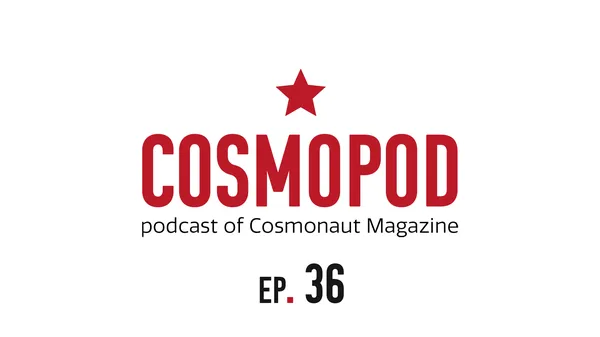For the first installment of our in-depth study of Soviet Science, Djamil, Donald and Rudy sit down to discuss the scientific institutions and the practice of Science in the early Soviet Union up to the conclusion of the Stalin Revolution. They start off with a survey of the Tsarist Academy, and what kind of structures and specialists the Bolsheviks inherited. The conversation continues with the changing ways the Bolsheviks related to specialists during the Civil War and the NEP, and how they were trying to assimilate the culture of specialists when they realized it was impossible to seize cultural power, and how this relates to the present-day debate around the Professional Managerial Class. They then discuss the role of the two anti-specialist trials that kick off the Stalin revolution: the Shakhty affair and the Industrial Party Trial, and how that served to strengthen Stalin's hand in taking over the politbureau and resulted in a culture of blaming specialists for the failure of five-year plans. They finish by analyzing the resulting academy and intelligentsia of the 1930s, fully loyal to Stalin, and how that sets the stage for the rise of someone like Lysenko.
Further reading:
- Loren R. Graham - Science in Russia and the Soviet Union (1993)
- Sheila Fitzpatrick - The Cultural Front (1992)
- Kendall E. Bailes - Technology and Society Under Lenin and Stalin (1978)
- Simon Ings - Stalin and the Scientists (2019)
- James T. Andrews - Science for the Masses (2003)
Stay tuned for episodes on Lysenko, the relation of dialectical materialism to the sciences, physics, chemistry, computing, and space travel.
Liked it? Take a second to support Cosmonaut on Patreon! At Cosmonaut Magazine we strive to create a culture of open debate and discussion. Please write to us at submissions@cosmonautmag.com if you have any criticism or commentary you would like to have published in our letters section.
